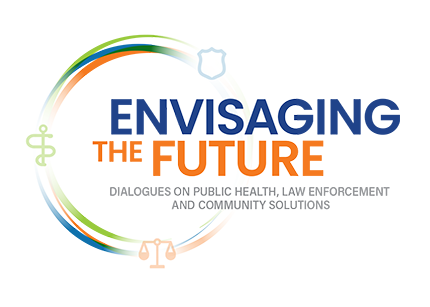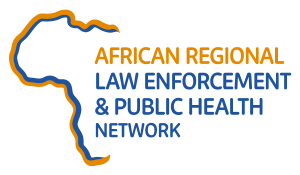Introduction
The global community has made significant progress in responding to the HIV pandemic but concentrated epidemics amongst key populations still persist and present ongoing challenges. HIV transmission through unsafe injecting drug use is largely responsible for continued high rates of HIV transmission in Eastern Europe, Central Asia, many parts of West, South, South-East Asia as well as in some parts of Sub-Saharan Africa (1). These high rates have resulted from a combination of insufficient provision of evidence-based comprehensive HIV services and a persistent criminalisation of and discrimination against PWID (2).
The global community has made significant progress in responding to the HIV pandemic but concentrated epidemics amongst key populations still persist and present ongoing challenges. HIV transmission through unsafe injecting drug use is largely responsible for continued high rates of HIV transmission in Eastern Europe, Central Asia, many parts of West, South, South-East Asia as well as in some parts of Sub-Saharan Africa (1). These high rates have resulted from a combination of insufficient provision of evidence-based comprehensive HIV services and a persistent criminalisation of and discrimination against PWID (2).
UNODC, WHO, UNAIDS and the World Bank estimate that globally there are 12.7 (8.9-22) million people who inject drugs and of those 1.7 million are currently living with HIV (3). Preventing HIV and other infections from and among PWID and other vulnerable populations is a fundamental public health imperative for any country. In responding to HIV among PWID, a comprehensive package of nine interventions, also known as ‘Harm Reduction’ services, needs to be available at scale including the provision of needle syringe programmes (NSP), opiate substitution therapy (OST), HIV counselling and testing (HCT) and antiretroviral therapy (ART). This comprehensive package of nine interventions has been recommended by WHO, UNODC and UNAIDS, and endorsed at the highest political level including the UN Commission on Narcotic Drugs (CND), UNAIDS Programme Coordinating Board (PCB), and the UN Economic and Social Council (ECOSOC). It also helped to shape policy around HIV and harm reduction. Donor agencies such as the Global Fund and the U.S. President’s Emergency Plan for AIDS Relief (PEPFAR) also adopted the guide. (4).
On their appointment, LE officials swear or affirm to uphold the laws of their countries including laws that directly or indirectly protect public health, fundamental human rights and promote health related programmes and interventions. By supporting programmes that work with the key populations to reduce their risk of HIV infection, LE officials can make a significant contribution to public health and public safety and ensure that the fundamental right to health of all citizens is protected.
There are many countries where the provision of a comprehensive range of harm reduction services for PWID is supported by the government. This results in an environment where HIV infection risk is dramatically lowered. There are also countries where PWID can face harsh penalties and are often at greater risk of negative interactions with LE officials. Resolving these political, legal, procedural and cultural tensions is critical to improving the coverage and impact of the National HIV programme. At the same time, counting on the support of LE officials in the National HIV programme by giving them the necessary knowledge and skills is fundamental in resolving these tensions.






